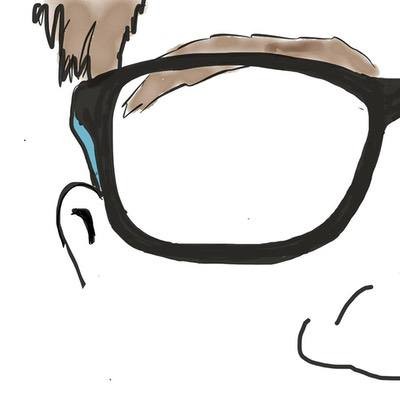
Robert Watkins
Robert Watkins lives in southeast Idaho where he works as an assistant professor of English at Idaho State University. His writing has appeared, or will appear, in InVisible Culture, Kairos, Digital Humanities Quarterly (awarded Best Online Comics Studies Scholarship of 2016), PopMatters, Popular Music and Society, Programmatic Perspectives, and the Journal of Teaching Writing. You can read along with him at robdwatkins.com
The Little Girl and the Universe Tool
Excitement surged through the little girl as she removed the machine from its perch. Her mother allowed her to play with so many of her tools, but this one was off limits. The little girl didn’t understand why. The universe tool, as her mother called it, was the funnest of them all. Strange and magical, the tool was full of objects that shone and spun. She removed it from the shelf and placed it on the ground. She plopped herself down, brushing her unkempt hair from her eyes with the back of her hands.
The little girl plunged her muddy fingers into the ground until her fingers dug up a gumball-sized chunk of dirt. Pinching the chunk, she worked it between her fingers. She brought it to her nose and inhaled the scent. She smiled her approval before rubbing it together, balling the dust into a sphere. The dirt ball flaked, so she spit into it, her spittle serving as glue to make it cohere. Bringing it to her eyes for closer inspection, she saw the same thing happen that had happened with all the others: the spittle spread. She didn’t understand it, but that didn’t make it less fun.
Caressing the ball, she began blowing on it like her mother would. Her breath, combined with the universe tool, made the spheres begin squiggling. The little girl assumed this sphere would be no exception. She placed the ball into the side hole of the tool and watched the machine inhale the sphere into its vastness. Her mom didn’t like when she played with the universe. But her mom’s games bored the girl. Her mother rarely breathed the squirms onto the balls, but put the breathless, squiggle-less spheres into the universe to swirl forever with nothing interesting to see.
The machine’s finite exterior but infinite interior perplexed the little girl. Like learning how to make the fireballs that dotted the vast universe, the machine itself was a mystery to the little girl. But she knew it worked and that the opening on top gave her omnipresence: she could see the vast blackness as a whole or zoom into each individual sphere she created.
The girl smiled as she zoomed in on the speck as it soared through the expanses searching for a fireball to orbit. The sphere found its home sooner than some and began spinning. Her spittle expanded into oceans. The sphere began squirming as it spun; her breath had worked again. Time in the universe didn’t correlate with the minutes she spent watching. Billions of years passed as she observed the squirms evolve into different forms and the oceans alter and reform. She watched the squirms become sentient and begin speaking. She listened for a spell but skipped off when they began doing what previous squirms had done: burn the remains of the dead squirms to fuel their tools until they suffocated themselves. The ball spun on unwatched until its fireball swallowed it whole.
